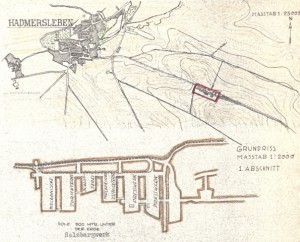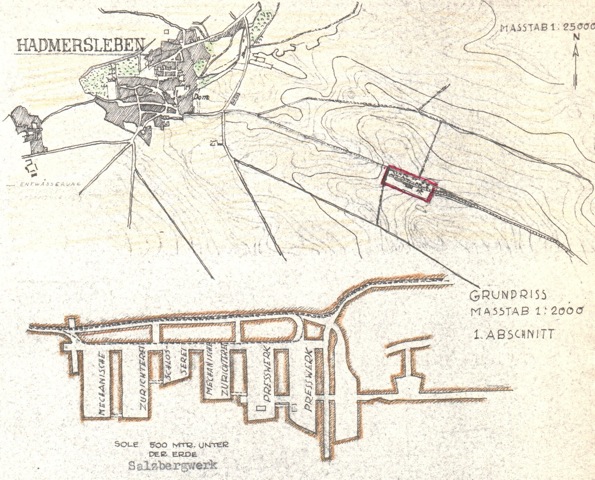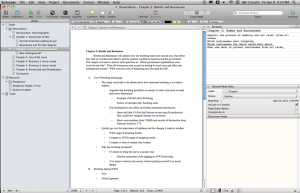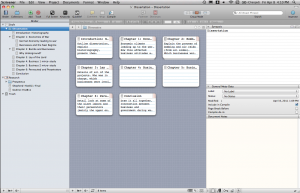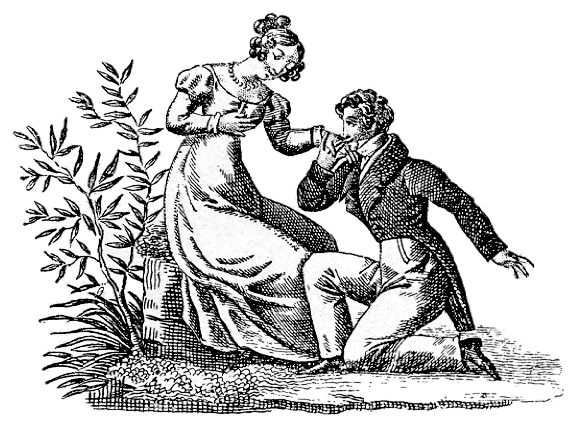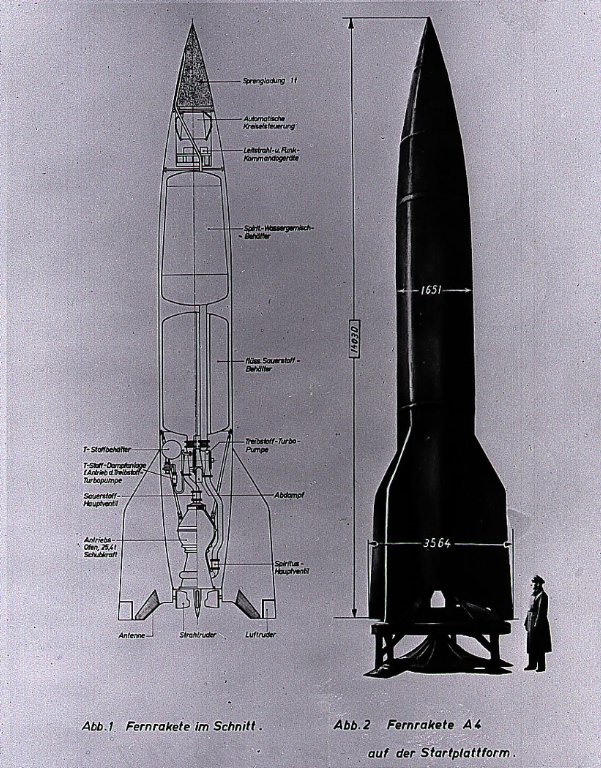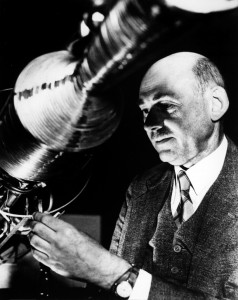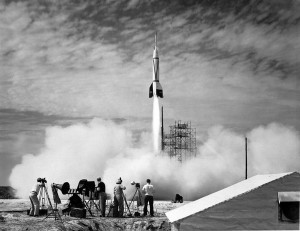I spent the day researching grants and reading about how to properly put together a proposal. I also spent a bit of time plotting out my todo list for this semester, creating a checklist of tasks and when they are due. I made the list in my Google Calendar, so it’s not available to be embedded on this site. I’ll have to work on finding a replacement or something.
One of the places I’ll be applying to for a research grant is the Social Science Research Council (http://www.ssrc.org). They happen to have a short paper on how to best write a proposal for their competitions, and being no dummy, I know I can apply these tips to all the proposals I write. So here are some tips from their paper, “On the Art of Writing Proposals.”
Purpose of Proposals is to Persuade
The main thing to realize when writing a proposal, is that you are trying to persuade the approval committee that your project is better than all the others. The trick is to do it in as short a space as possible—in the first paragraph, or at least the first page—while including all of the points the readers are looking for. In the end you want the readers to associate you with your project (Billy’s the guy researching blind Algerian water cave fish with telepathic properties), rather than other mundane tidbits (Jane is the gal from New York City, right?). It truly is an art.
What do they want?!
All scholarly projects require three basic merits: “conceptual innovation, methodological rigor, and rich, substantive content.” Additionally, the readers are going to be asking three questions that the proposal needs to answer:
- What are we going to learn?
- Why do we need to know?
- How do you prove it?
And this all needs to be done initially very clearly, succinctly, and as forcefully as possible in the shortest amount of text.
Let me be clear about this…
It’s important to keep in mind that the individuals in the approval committee come from varying disciplines. Therefore, the proposal needs to be clear, free of the jargon typical of your discipline, all the while explaining the boundary pushing or unique way your project approaches your field. Keep the focus of the proposal on the ideas and leave the technical aspects to an appendix. Make the first page explain as clearly as possible what the topic is about, and what the readers—essentially, what the granting committee—is going to learn from this.
So What!
This is the crux of the whole matter. Why in the world does anybody need to know about this? What’s the point? Who cares? Why?! This is sometimes the hardest part to figure out. I know it is for me. I continually mull this point over. Do I really have a convincing and compelling reason. It seems for the time being, for me, that my biggest compelling reason, my “so what?” is because it hasn’t been researched before. While that may be a valid reason, be careful. Others may conclude that there is adequate justification for there to be no scholarship in the first place. There are other aspects that make a research topic important and valid. “Turning points, crucial breakthroughs, central personages, fundamental institutions, and similar appeals to significance of of the object of research are sometimes effective, if argued rather than merely asserted.
Apply the topic to current political, economic or social debates. How is your research not only timely but currently urgent, such that it provides a new way to view current issues, or turn the direction of current understanding?
Also try to be fresh and appealing in your approach. Promote the apparent contradictions, extrapolate on puzzles, and catch the readers off guard with surprises. Take the less traveled path. If current trends lean towards one area of research, but your topic can gyrate towards a new and fresh approach, take it!
Oh Yeah? Prove it!
It is important for the proposal committee to know the methodology of your approach. Do not just tell them what you will discover, but how you intend to discover it. What types of sources, what means of debate, what technology will be employed? But don’t just list out your tasks and how you’ll do them, argue why this is the best course of action to achieve the results you intend to acquire. Because some readers may be from interdisciplinary fields, take the time to explain “what parts of your methodology are standard, and which are innovative.” Some ideas to cover:
- Activities you plan to undertake to collect information
- Techniques you will use to analyze the data
- Tests of validity you will apply
- Specify the archives, sources, and respondents
Finally, proposals should describe the end product. Will the grant help to complete a dissertation chapter, a book, a digital project? Be specific as to what the proposed outcome of this supported project will be.
End with the Beginning in mind…
And begin with the ending in mind, of course. It takes a long time to write a decent proposal. Start early. Give yourself several weeks, or months if possible. Write a first draft and set it aside for a day. Then revise and set aside again. Ask others to take a look at it. Revise it again. Make sure your opening paragraph is succinct, to the point, and effective.
The closing of your proposal should reference the beginning. If you mentioned a story or a specific and compelling reason for the research, reference it again. The effect is to try and tie it all up in a neat little package.
Now, get back to work!
Well, that all sounds really good. Now if I can just apply it to my proposals!
